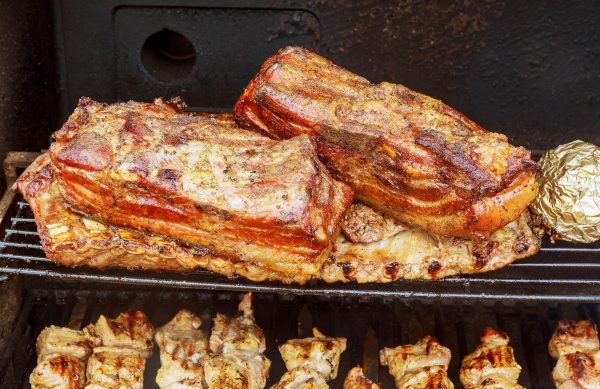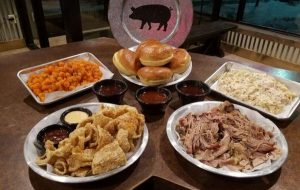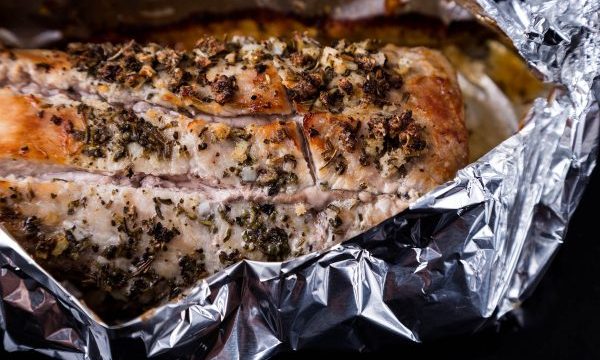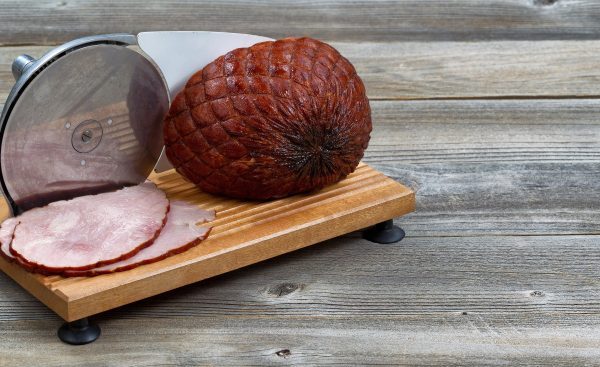Spring is here and warm weather is on the way. This means that backyard barbecues will soon be a weekend regular for many families and friends. If you are planning on hosting a few backyard barbecues this season, be sure to catch up on some facts that can help you turn out delicious, juicy, and flavorful barbecued meats, every time.
Continue reading to review some common questions and answers about barbecue, including where you can find the best authentic BBQ takeout when you don’t have time to cook out!
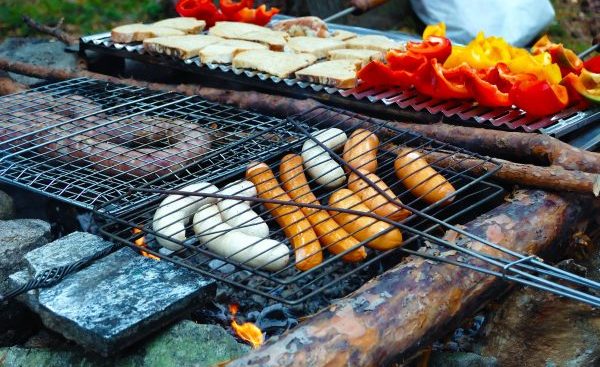
BBQ Smoked Meats 317-688-7290
Is There a Difference Between Grilling and Barbecuing?
Yes! Barbecuing is a different method of cooking than grilling. Barbecuing involves cooking meat low and slow using indirect hot air in a sealed environment. Grilling involves openly cooking meat over a direct source of heat. Some grills can be used for both grilling and barbecuing; however, if your grill has only one burner, it is for grilling, not barbecuing.
Is it Healthier to Cook With Charcoal or Propane?
There is a study that shows that meats cooked with charcoal contain more carcinogens called polycyclic aromatic hydrocarbons (PAHs) compared to meats cooked with propane. When meat is cooked, the fat that drips from the meat burns, and subsequently creates PAH-infused smoke, which smothers what you’re cooking. In the same study, it was suggested that charcoal flames burn hotter than propane. This singes the meat even more, which produces another carcinogen called heterocyclic amines (HCAs).
Propane also produces some PAHs and HCAs, so use certain precautions to lower the content of both in your cooked meats. This includes trimming the fat as best as you can, marinating the meat, and flipping meat often. It is even recommended to soak your meat in either in vinegar or lemon juice to reduce PAHs and HCAs by up to 90 percent.
How Can I Make Meat Taste Less Smoky?
There are several things you can do to reduce the level of smokiness in your meats. A popular method is using alder, cherry, or apple wood chips since they are consistent with producing less smoky flavor profiles. You can also burn down your wood chips ahead of time in a burn barrel, and then use the remaining hot coals to cook your meat. Also, be sure your exhaust vent is wide open; otherwise, the smoke will not flow through the cooking chamber properly and add to much smokiness to your meat.
Which Cut of Beef is Best-Suited for Barbecuing?
There are several cuts of beef that make excellent candidates for barbecue. The most popular is brisket, which comes from the cow’s shoulder. Other cuts include rib-eye, sirloin, rump, beef top rib, steak mince, and filet.
How Do I Prevent Meats From Sticking to the Grill?
A clean grill is the best grill. If your grill grates are dirty, anything you cook on them will definitely stick. Try using a thin coat of cooking oil. Not only will this help season your meat, it will encourage food to release easier from the grates. Furthermore, be sure the grill grates are very hot so that the flesh of your meat sears and seals well.
How Long Can Barbecued Foods Sit Outside After Cooking?
In room temperature, the rule of thumb for food safety is to never leave food sitting out longer than 2 hours. However, at a backyard barbecue in the hot sun, bacteria grows faster in meat. So do not let your barbecued meats sit out longer than one hour in temperatures higher than 90 degrees Fahrenheit.
Visit Rackz BBQ for Authentic Barbecue Dining and Takeout!
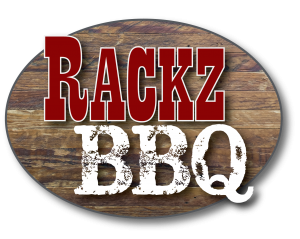
Rackz BBQ
317-688-7290

